Carney Apologizes to Trump Over Anti-Tariff Ad as Canada-U.S. Trade Tensions Escalate
- by Editor.
- Nov 01, 2025
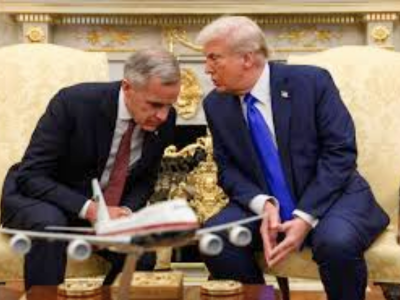
Credit:
Canadian Prime Minister Mark Carney has issued a formal apology to U.S. President Donald Trump over a controversial provincial advertisement that featured a selectively edited quote from former President Ronald Reagan.
The ad, commissioned by Ontario Premier Doug Ford, was intended to criticize U.S. tariffs but drew sharp rebuke from Washington, prompting Trump to announce a 10% tariff increase on Canadian goods and suspend bilateral trade negotiations.
The apology was delivered during a private exchange at a summit dinner on the sidelines of the Asia-Pacific Economic Cooperation (APEC) meeting in Busan. Carney confirmed that he had reviewed the ad with Ford and ordered its withdrawal. “I did apologise to the president,” Carney said, acknowledging that the commercial misrepresented Reagan’s 1987 remarks by omitting his support for targeted U.S. duties on Japanese imports, which were framed as exceptions to his broader free-trade philosophy.
President Trump responded swiftly via Truth Social on Friday, calling the ad a “hostile act” and announcing the tariff escalation atop existing levies. “Because of their serious misrepresentation... I am increasing the Tariff on Canada by 10% over and above what they are paying now,” he wrote. Speaking to reporters in Busan, Trump said he “likes (Carney) a lot” but reaffirmed his decision to halt trade talks despite the apology.
Premier Ford, a vocal critic of Trump’s trade policies, had commissioned the ad to highlight the risks posed to Ontario’s auto and steel sectors. The commercial, which was pulled before wider broadcast, was criticized for editing Reagan’s speech out of sequence and omitting key context.
The incident underscores the fragility of Canada-U.S. trade relations under Trump’s protectionist agenda. With cross-border trade valued at $2.6 billion daily, Ontario exporters have already felt the impact of existing tariffs. Carney, fresh from high-level talks with Chinese President Xi Jinping, also met Japanese Prime Minister Sanae Takaichi during the summit, signaling a broader Pacific pivot amid the dispute.
Trade analysts warn of potential retaliatory measures, drawing parallels to the 2018 steel and aluminum tariff standoff that was eventually resolved through USMCA renegotiations. While both leaders have expressed interest in de-escalation, Trump’s firm stance on “not restarting” talks has left markets unsettled.



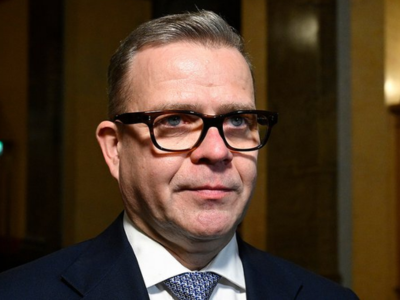


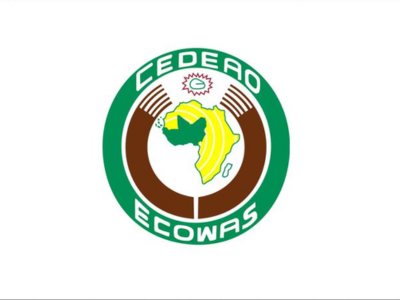
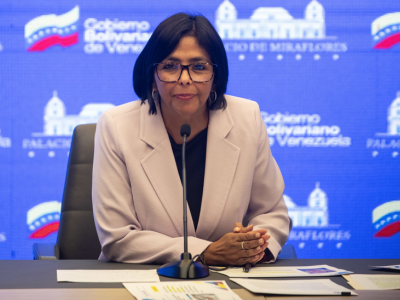

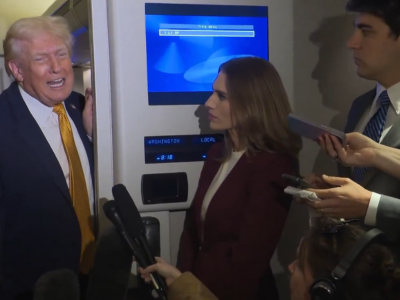
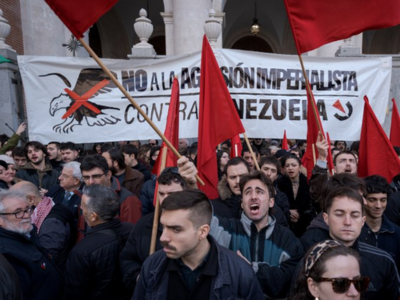


0 Comment(s)